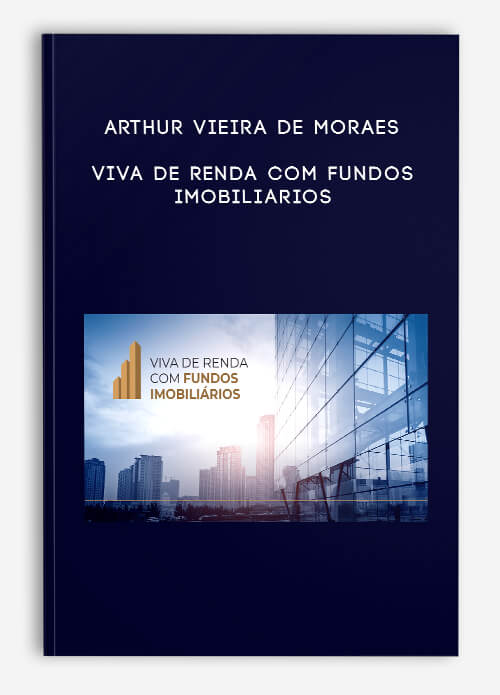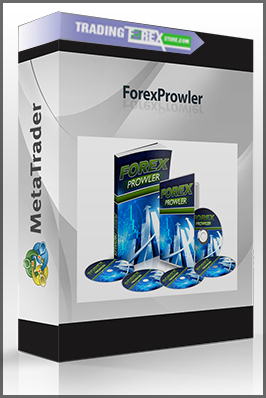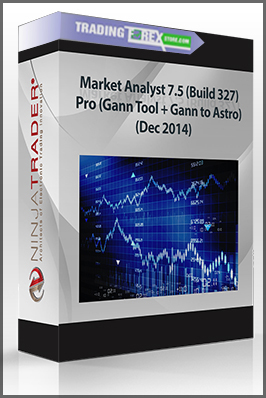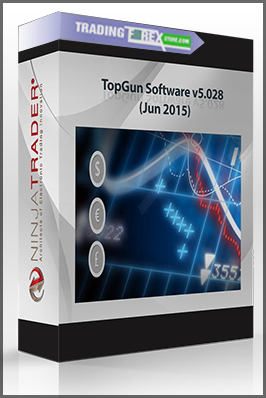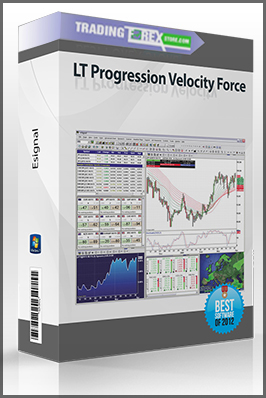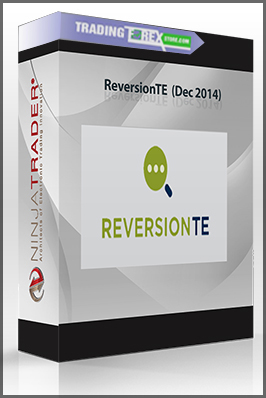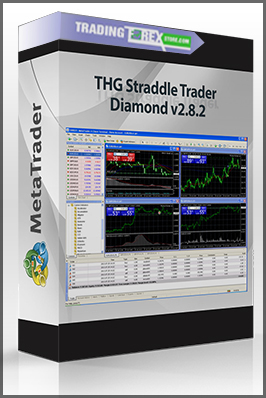Viva De Renda com fundos imobiliarios by Arthur Vieira de Moraes
Original price was: $107.00.$35.00Current price is: $35.00.
Product Include:
File size:
- Description
Description
Viva De Renda com fundos imobiliarios by Arthur Vieira de Moraes
**More information:
Get Viva De Renda com fundos imobiliarios by Arthur Vieira de Moraes at bestoftrader.com
Description
Real estate funds can generate a higher, more predictable and more constant monthly income than Bovespa shares, property rentals and government bonds sold by Tesouro Direto. In this course, you will learn how to build a safe, diverse and profitable portfolio of real estate funds.
A modern and profitable way to invest in real estate.
Portfolio composition with more profitability
Learn how to build and manage a safe and diverse portfolio of real estate funds. Ensure a high passive income with your investments.
Understanding types and characteristics
Deepen your knowledge of the characteristics and profitability of each real estate fund. Be able to evaluate the assets traded on Bovespa and identify the most interesting opportunities.
Practical tips and taxation
Discover a more modern way of investing in real estate, with a series of advantages. Understand how taxation on real estate funds works in practice.
What will you learn
Knowing the Real Estate Funds
-
Getting to know your teacher
-
Getting to know the FIIs: part 1
-
Getting to know the FIIs: part 2
Laws and regulations on real estate funds
-
Laws and regulations: part 1
-
Laws and regulations: part 2
-
Laws and regulations: part 3
-
Laws and regulations: part 4
-
Laws and regulations: part 5
-
Laws and regulations: part 6
-
Laws and regulations: part 7
-
Laws and regulations: part 8
Types of contracts and strategies in real estate funds
-
Differences between shopping mall and warehouse lease: part 1
-
Differences between shopping mall and warehouse lease: part 2
-
Differences between shopping mall and warehouse lease: part 3
-
Understanding real estate fund strategies
-
Benchmark for those who invest in FIIs
Investing in real estate funds in practice
-
Starting to understand FIIs in practice: part 1
-
Starting to understand FIIs in practice: part 2
-
Starting to understand FIIs in practice: part 3
-
What are the risks of investing in FIIs: part 1
-
What are the risks of investing in FIIs: part 2
-
How to trade FIIs directly at the home broker?
Types and characteristics of real estate funds
-
FII in corporate slabs: introduction
-
FII in corporate slabs: characteristics
-
Analyzing in practice: FIIs that invest in corporate slabs
-
FII in warehouses
-
FII in shopping malls
-
FII in bank branches
-
Analyzing in practice: FIIs that invest in bank branches
-
FIIs in development for sale
-
FIIs in development for income
-
FIIs in the hotel segment
-
Analyzing in practice: FIIs that invest in hotels and flats
-
FIIs in CRI
-
Analyzing in practice: FII investing in CRI
-
FIIs in CRI: portfolio composition
-
Funds of funds
How to evaluate real estate funds
-
Evaluating FIIs: objectives, policy and administrator
-
Evaluating FIIs: equity
-
Assessing FIIs: conflicts of interest and liquidity
-
Evaluating FIIs: price x PV
-
Evaluating FIIs: income
-
Evaluating FIIs: history of issuance of quotas
Learning to assemble and manage a fund portfolio
-
Learning to assemble and manage a fund portfolio: part 1
-
Learning to build and manage a fund portfolio: part 2
-
Learning to build and manage a fund portfolio: part 3
Taxes on real estate funds
-
What are the taxes levied on investment in FIIs: part 1
-
What are the taxes levied on investment in FIIs: part 2
-
What are the taxes levied on investment in FIIs: part 3
Taxation of real estate funds in practice
-
Taxation of real estate funds in practice: part 1
-
Taxation of real estate funds in practice: part 2
-
Taxation of real estate funds in practice: part 3
-
Taxation of real estate funds in practice: part 4
-
Taxation of real estate funds in practice: part 5
-
Taxation of real estate funds in practice: part 6
Forex Trading – Foreign Exchange Course
Want to learn about Forex?
Foreign exchange, or forex, is the conversion of one country’s currency into another.
In a free economy, a country’s currency is valued according to the laws of supply and demand.
In other words, a currency’s value can be pegged to another country’s currency, such as the U.S. dollar, or even to a basket of currencies.
A country’s currency value may also be set by the country’s government.
However, most countries float their currencies freely against those of other countries, which keeps them in constant fluctuation.

